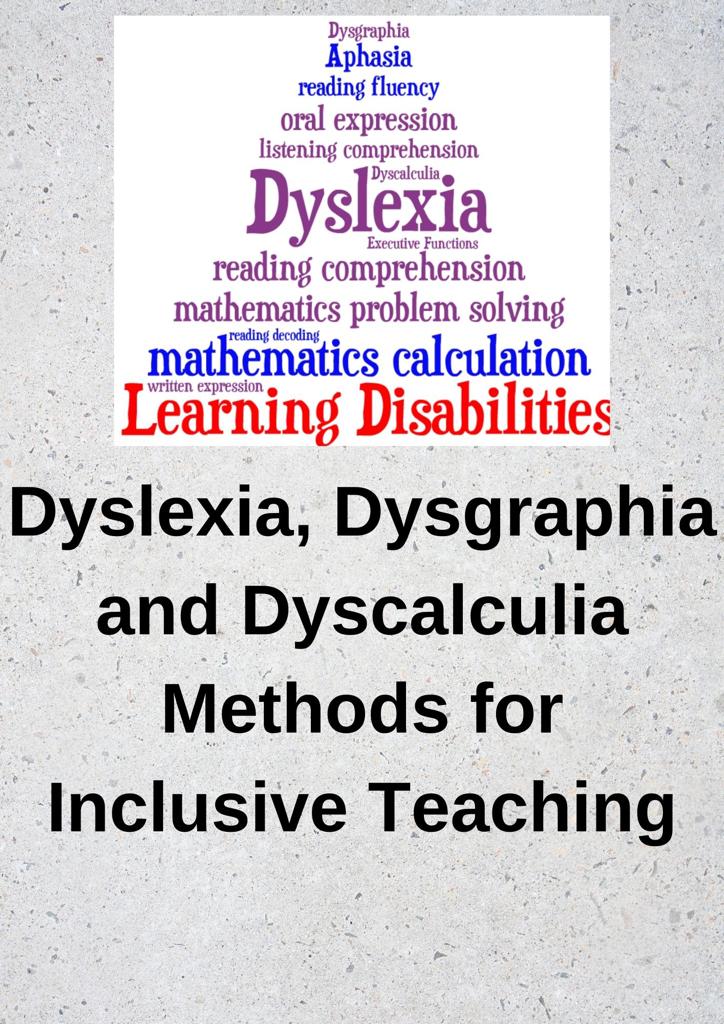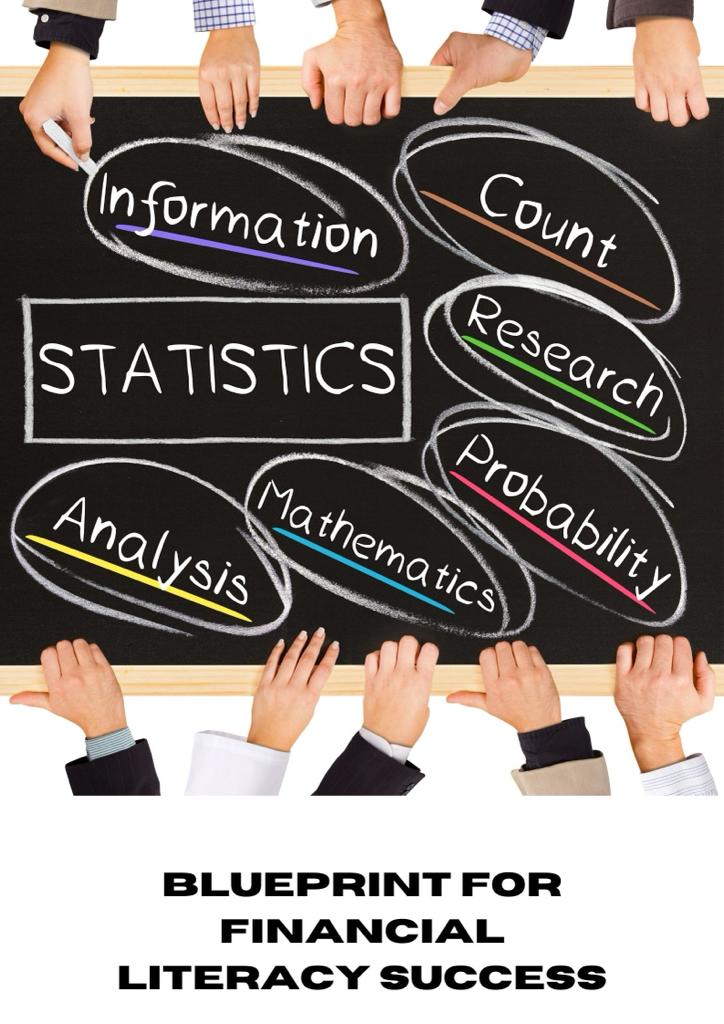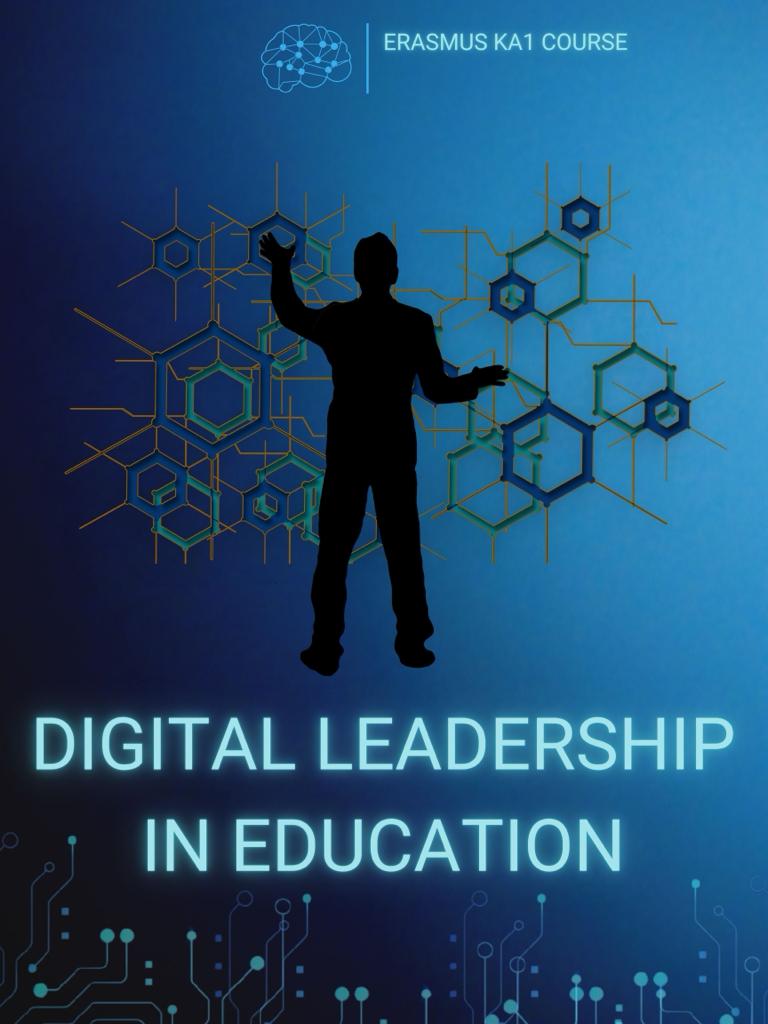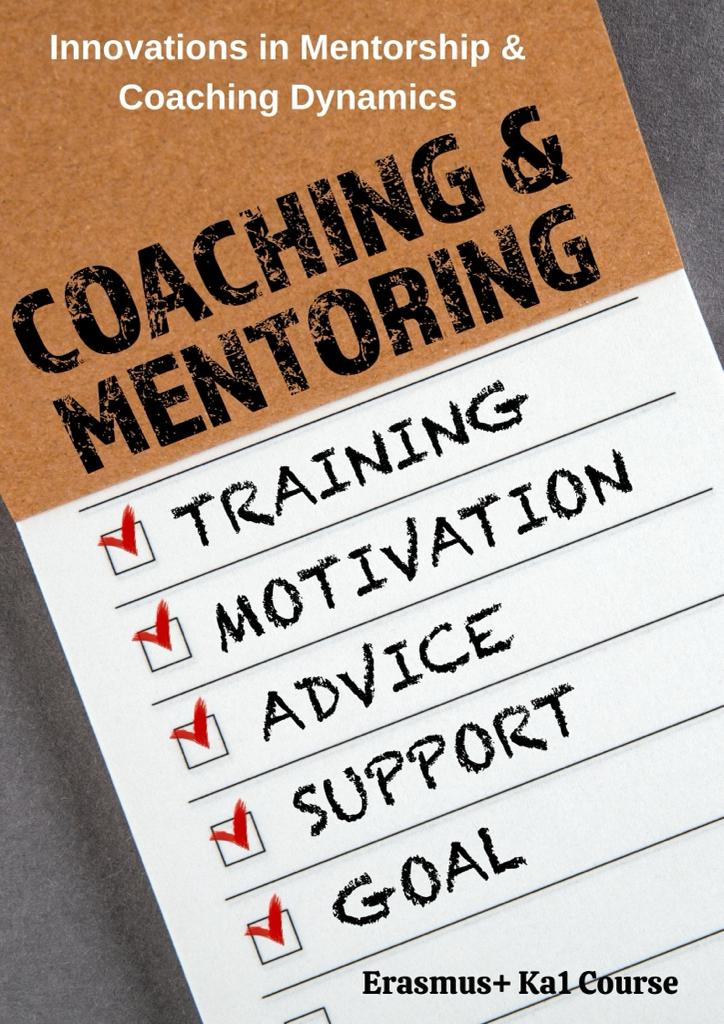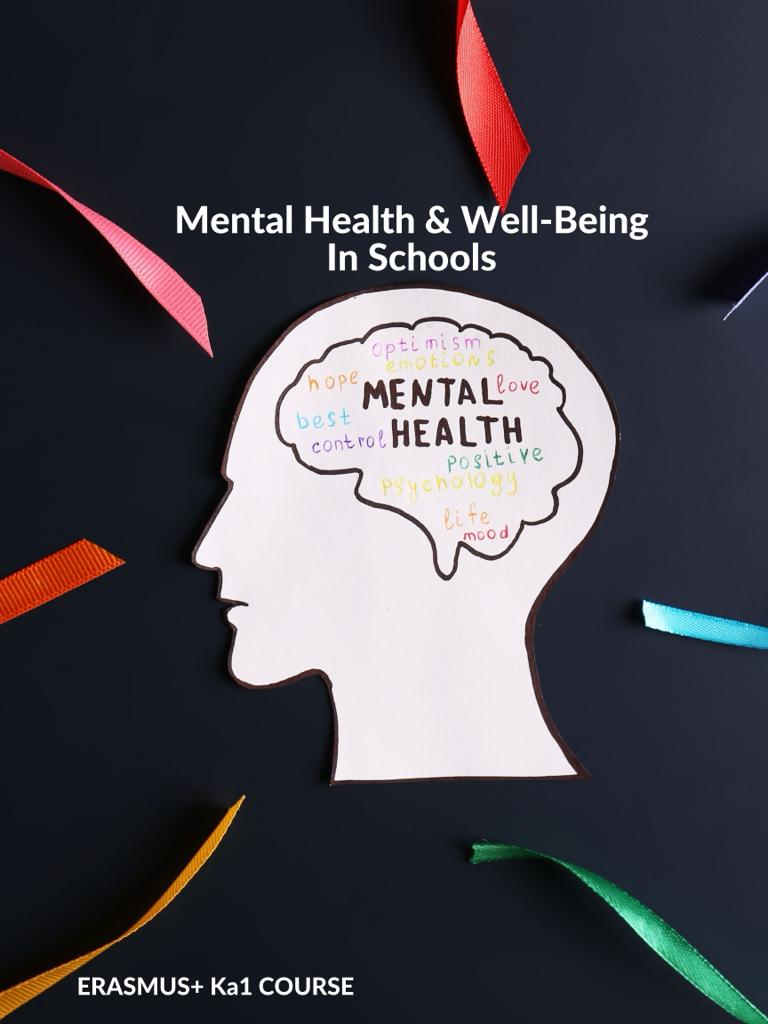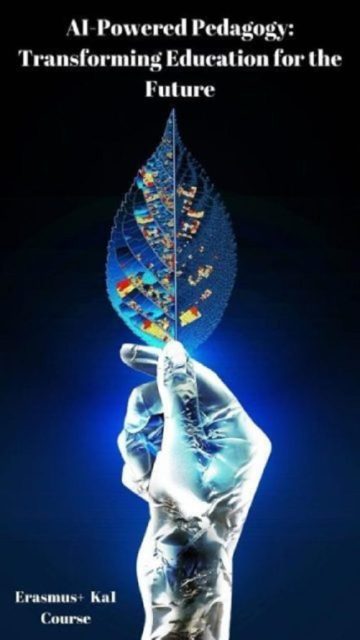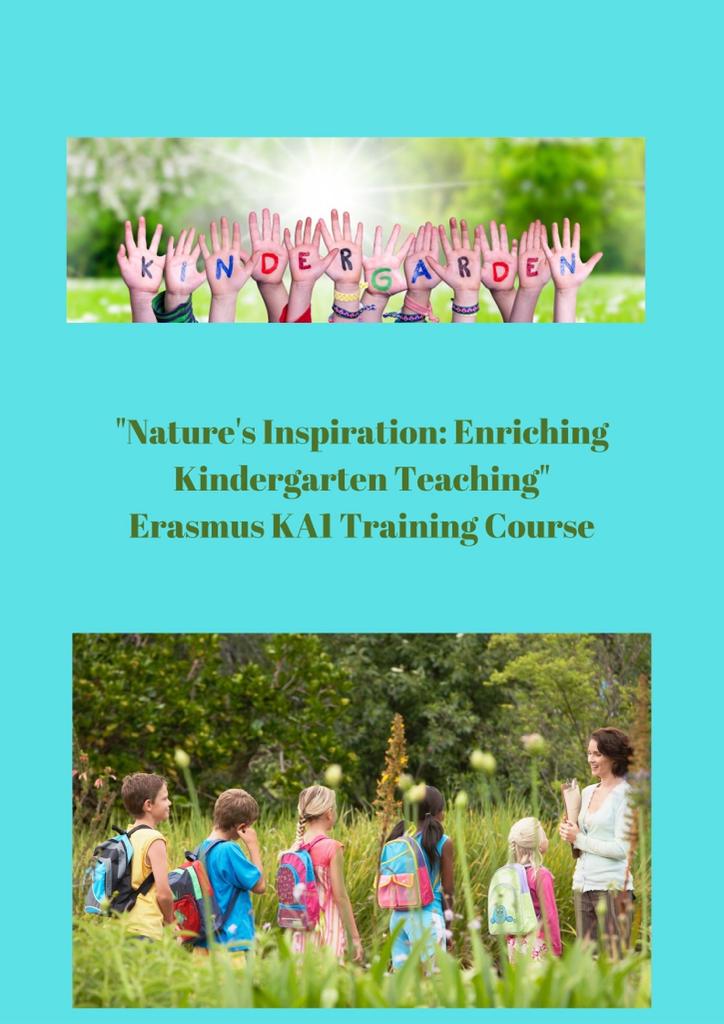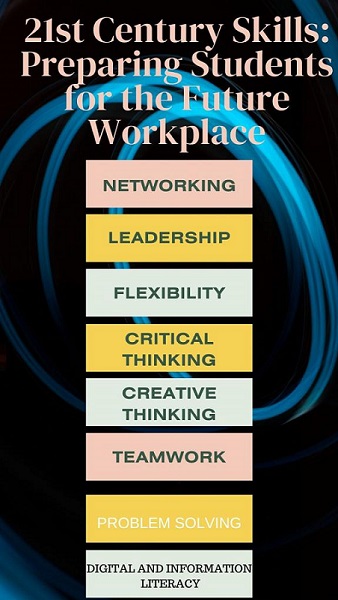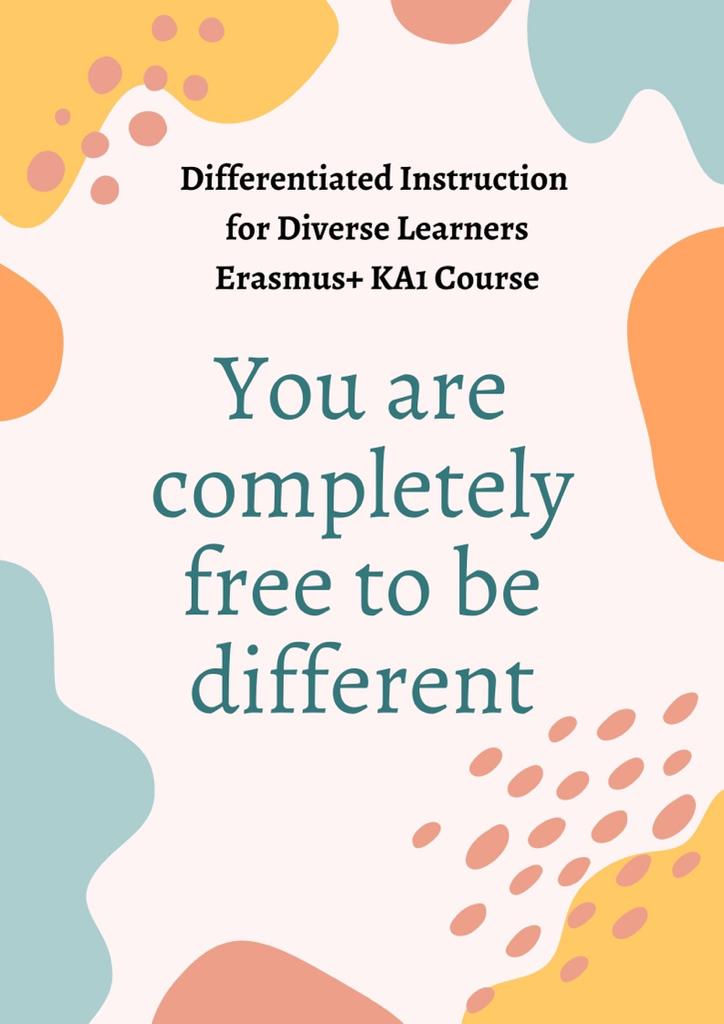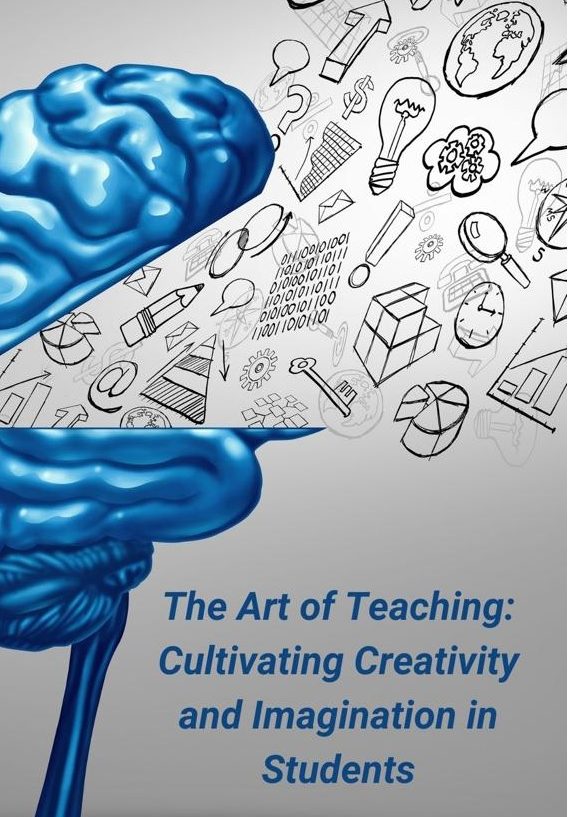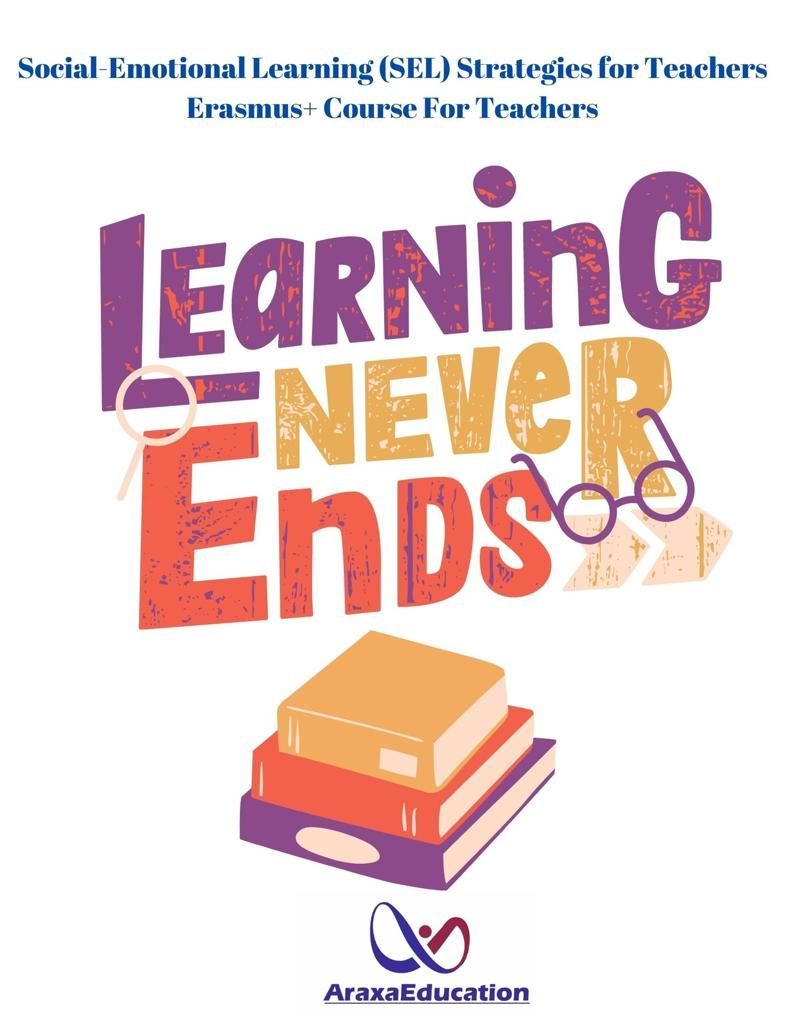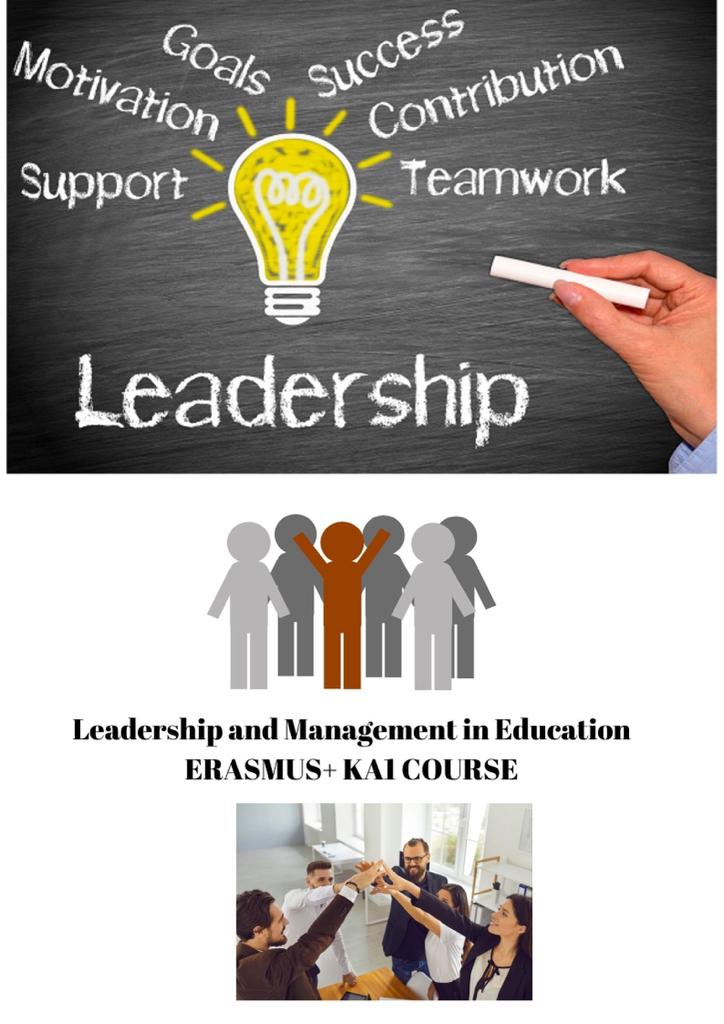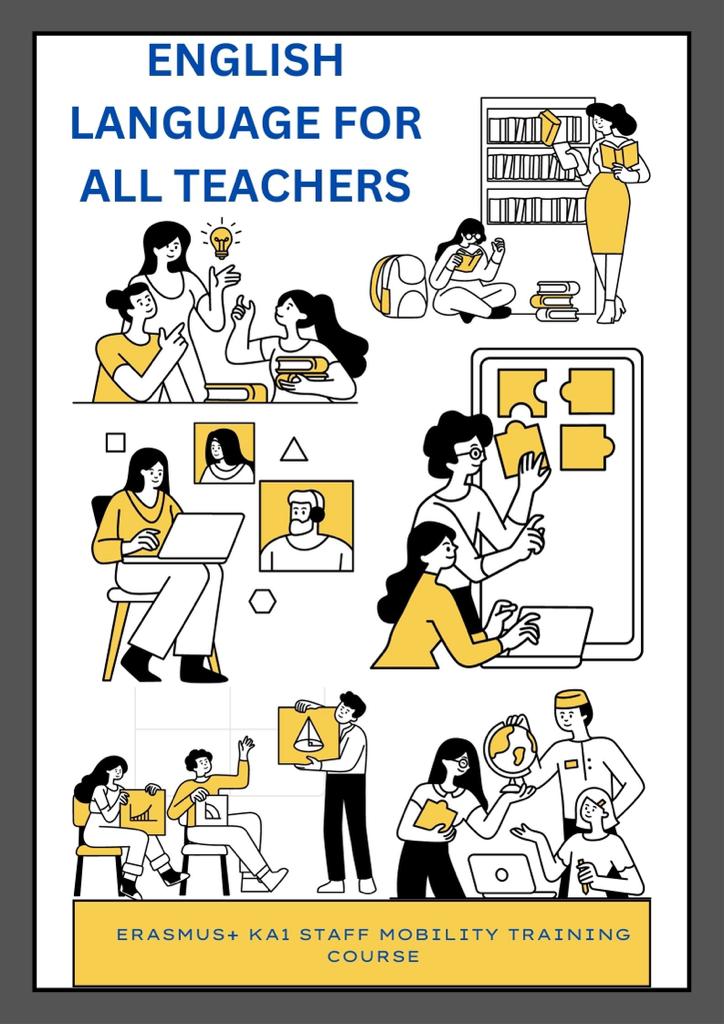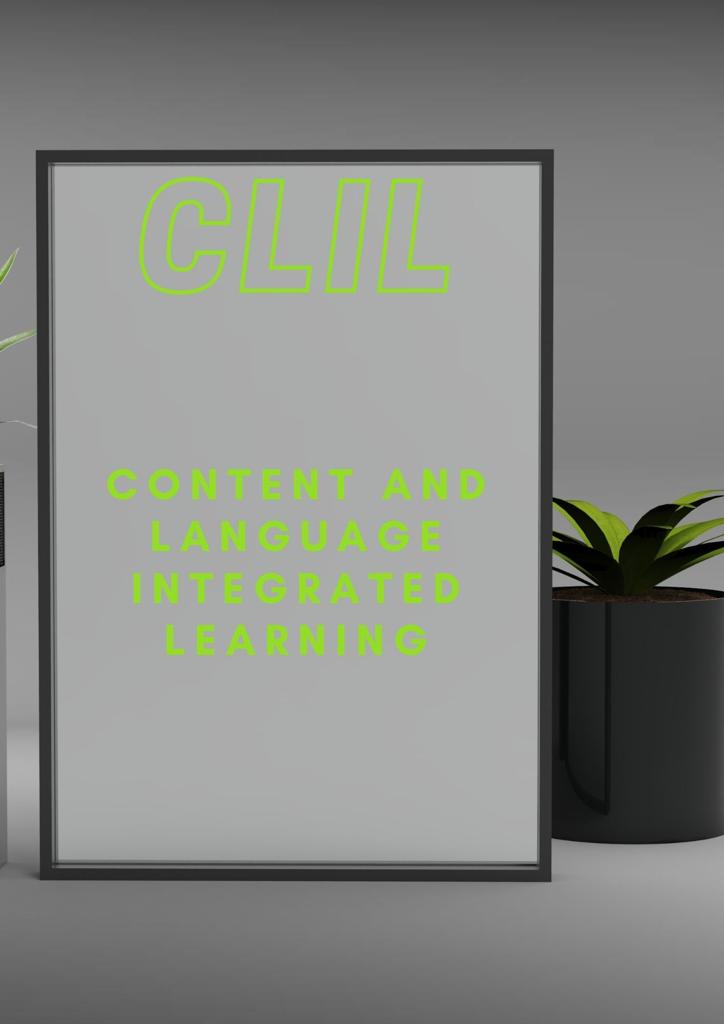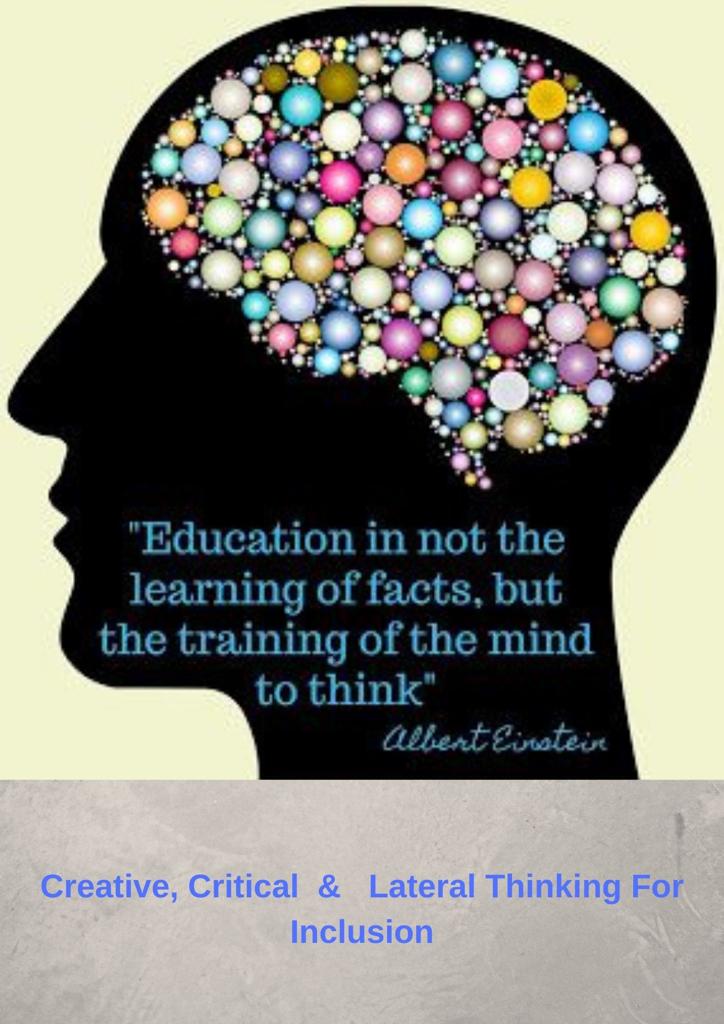| Course Description | Sending partners: Educational organizations involved in formal, non-formal, and informal learning: schools, adult training centres, resource centres and other relevant organizations active in the adult education field established in Erasmus+ program countries.
Profile of the participants: The participants are teachers or adult trainers active in the sending organization interested in growing a creative and intercultural environment in their institutions, with or without previous experience, willing to develop themselves professionally not only through the course but by involving themselves in preparatory and follow-up activities. They must be interested in other cultures and in developing the institution’s European dimension. |
| Learning outcomes |
|
| Methodologies Of The Course | Most of the educational approaches are inspired by constructivist pedagogy. The project has a holistic approach and uses various tools during the different activities |
|
Objectives |
|
| Language | English |
| Duration | 5 Days |
| Type of Certification Awarded |
|
Schedule of the activities
|
Online Meeting Program |
|
| Day 1 |
|
| Day 2 |
|
| Day 3 |
|
| Day 4 |
|
| Day 5 |
|
| Course Fee | The course fee is 80 Euros per participant per day.
This fee does not cover some expenses like accommodation or travel etc. Costs covering enrolment fees for staff mobility format ‘Courses and training’. ( Source: Erasmus+ Program Guide) |
|
PLANNED |
İstanbul, Türkiye
1. May 13-17, 2024 2. June 10-14, 2024 3. July 08-12, 2024 4. August 12-16, 2024 5. September 09-13, 2024 6. October 07-11, 2024 7. November 04-08, 2024 8. December 02-06, 2024
Alanya, Türkiye 1. May 20-24, 2024 2. June 17-21, 2024 3. July 15-19, 2024 4. August 19-23, 2024 5. September 16-20, 2024 6. October 14-18, 2024 7. November 11-15, 2024 8. December 09-13, 2024
Antalya, Türkiye 1. May 27-31, 2024 2. June 24-28, 2024 3. July 22-26, 2024 4. August 26-30, 2024 5. September 23-27, 2024 6. October 21-25, 2024 7. November 18-22, 2024 8. December 16-20, 2024
Rome, Italy 1. June 03-07, 2024 2. July 01-05, 2024 3. July 29-August 02, 2024 4. August 05-09, 2024 5. September 02-06, 2024 6. September 30-October 04, 2024 7. November 25-29, 2024 8. December 23-27, 2024
Paris, France 1. June 10-14, 2024 2. July 08-12, 2024 3. August 12-16, 2024 4. September 09-13, 2024 5. October 07-11, 2024 6. November 04-08, 2024 7. December 02-06, 2024 8. December 30-January 03, 2024
Prague, Czech Republic 1. June 17-21, 2024 2. July 15-19, 2024 3. August 19-23, 2024 4. September 16-20, 2024 5. October 14-18, 2024 6. November 11-15, 2024 7. December 09-13, 2024 8. January 06-10, 2025
Barcelona, Spain 1. June 24-28, 2024 2. July 22-26, 2024 3. August 26-30, 2024 4. September 23-27, 2024 5. October 21-25, 2024 6. November 18-22, 2024 7. December 16-20, 2024 8. January 13-17, 2025
Thessaloniki, Greece 1. July 01-05, 2024 2. July 29-August 02, 2024 3. August 05-09, 2024 4. September 02-06, 2024 5. September 30-October 04, 2024 6. October 28-November 01, 2024 7. November 25-29, 2024 8. December 23-27, 2024
Lisbon, Portugal 1. July 08-12, 2024 2. August 12-16, 2024 3. September 09-13, 2024 4. October 07-11, 2024 5. November 04-08, 2024 6. December 02-06, 2024 7. December 30-January 03, 2025 8. January 27-31, 2025 |
You can also make requests for different dates and locations when filling out the pre-registration form, aside from the planned program.
Discover the Erasmus+ KA1 Course, crafted with educators and adult trainers in mind, who are dedicated to nurturing creativity and fostering intercultural exchange within their institutions.
Tailored for professionals spanning formal, non-formal, and informal learning settings such as schools, adult training centers, and resource facilities, our program seamlessly integrates with the esteemed Erasmus+ framework.
Participants, regardless of their prior experience, will embark on a path of professional growth and cultural enrichment. Whether you’re a seasoned educator or new to the field, our course provides a comprehensive curriculum complemented by immersive preparatory and follow-up activities.
Ignite your passion for intercultural understanding and amplify your institution’s European dimension. Join us and uncover a world of new opportunities for personal and professional development. Enroll in the Erasmus+ KA1 Course today.

